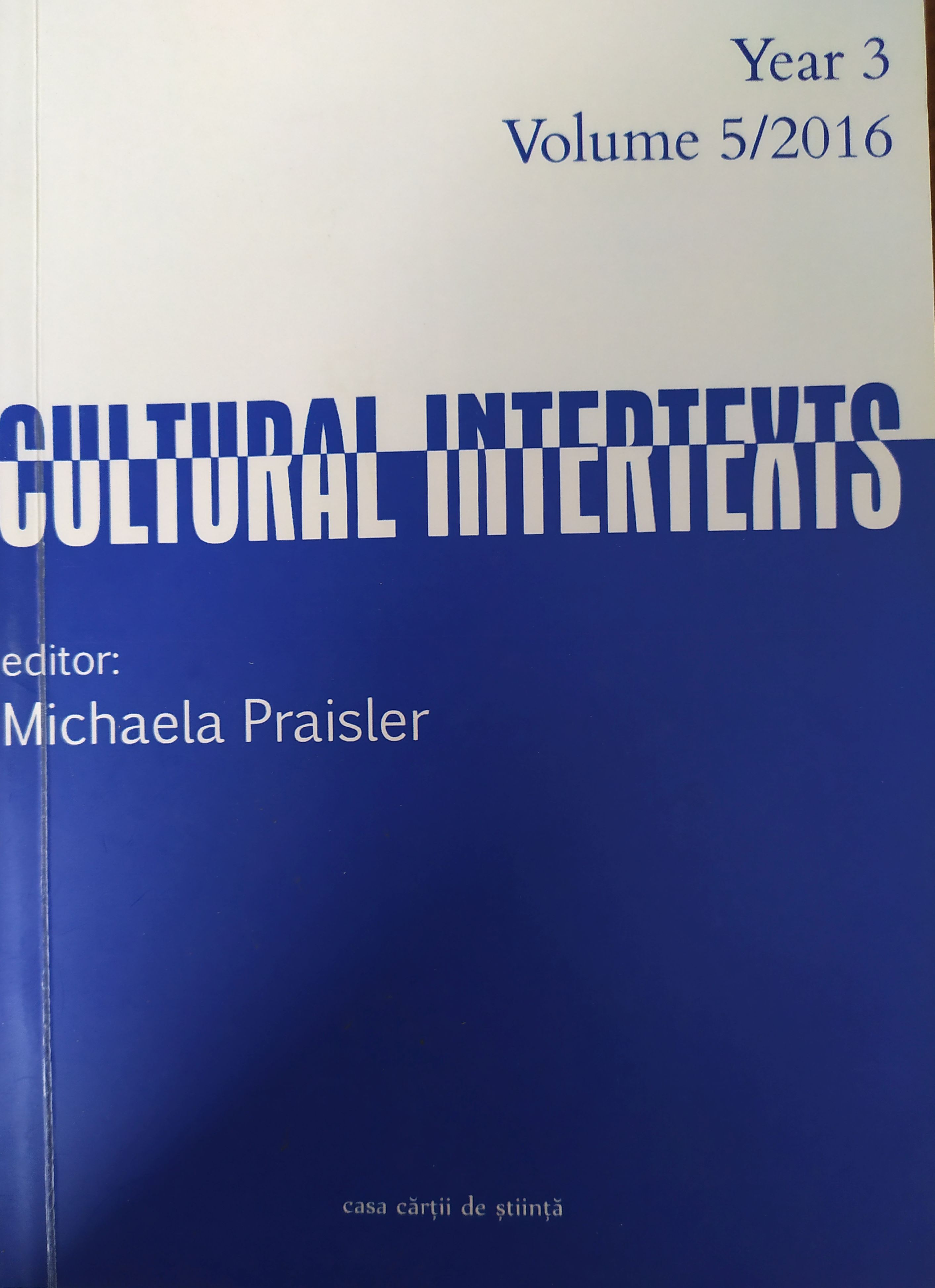Catastrophe and its Aftermath in Cormac McCarthy's The Road and Don DeLillo's White Noise
Catastrophe and its Aftermath in Cormac McCarthy's The Road and Don DeLillo's White Noise
Author(s): Irina Elena GrigoreSubject(s): Semiotics / Semiology, Media studies, Studies of Literature, Recent History (1900 till today), Studies in violence and power, Theory of Literature
Published by: Editura Casa Cărții de Știință
Keywords: exceptionalism; image of power; desolate landscape; white noise;
Summary/Abstract: This paper focuses on the less exceptionalist images of America in McCarthy's The Road and DeLillo's White Noise. The two novels evoke a world dominated by violence, catastrophe, on its way to the final, the post-apocalyptic white noise and the human resistance over death as contemporary aspects of the 21st century. DeLillo's 1985 novel shows features of mass manipulation and simulation, such as those in the chapter „The Airborne Toxic Event‟, largely speculated by the media. The novel explores the theme of death as a metaphor for the "white noise" of the contemporary world. DeLillo's novel describes several responses, more or less adequate ways of coping with it. The metaphor of "white noise" might be seen as dramatizing death in contrast with an intangible transcendence in a world fed up with confusing images promoted by an ever more powerful force associated with the mass-media. Besides, the novel explores what Randy Laist calls in his Technology and Postmodern Subjectivity in Don DeLillo's Novels the “semiotic influence of television” (2010: 90), in which the characters are trapped in the center of televisual consumer disclosure. Another representation of catastrophic death is conveyed in Cormac McCarthy's The Road. The novel offers an even more chaotic, post-apocalyptic image of America in parallel with the portrayal of an affectionate father-son relationship. The characters of the novel plough through a desolate landscape strewn with ash and devoid of living animals and vegetation, as a metaphor for the loss of hope in a world that has lost its bearings, where traces of humanity still glimmer here and there, without many chances of survival. The paper reimagines exceptionalist America in exceptional circumstances, but these circumstances are far from being beneficial for anyone, American or otherwise, due to the American image of power as being overshadowed by nihilism and desolation.
Journal: Cultural Intertexts
- Issue Year: 3/2016
- Issue No: 05
- Page Range: 47-55
- Page Count: 9
- Language: English

